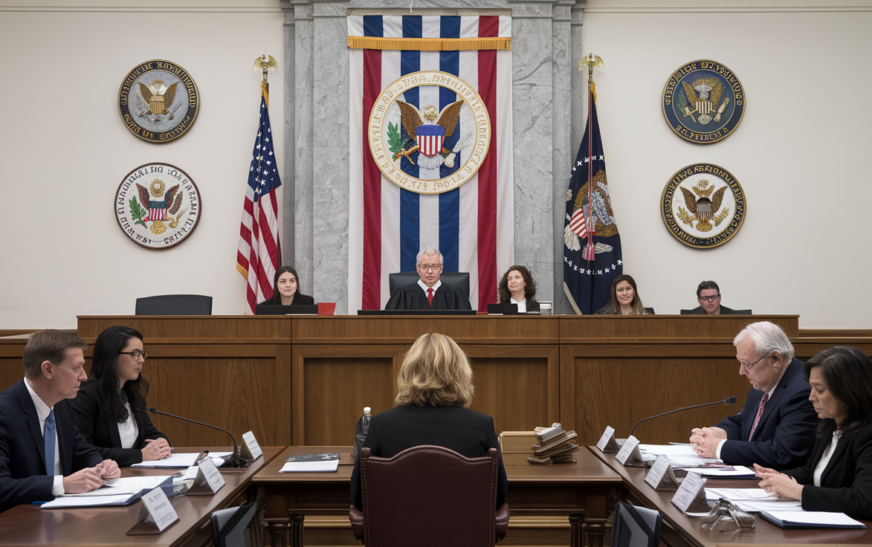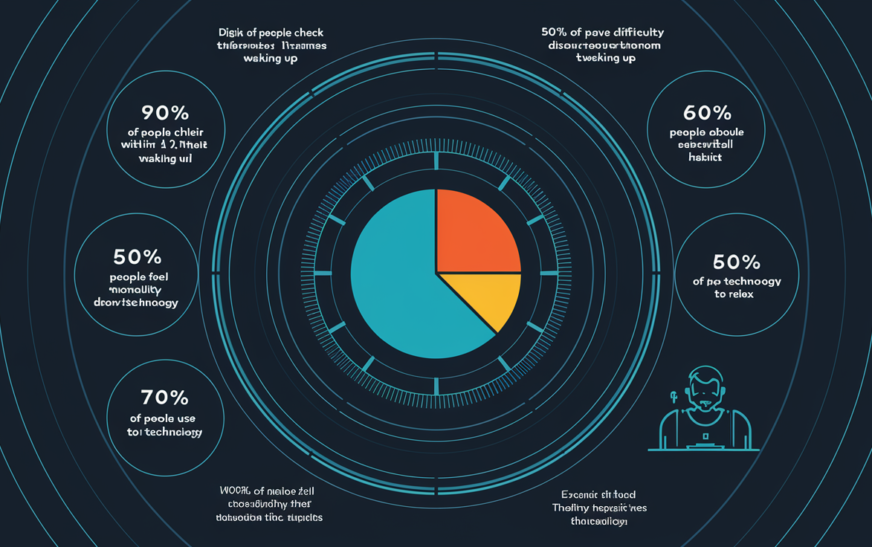Introduction
The Kennedy Funding legal battle has become a subject of interest in the legal and business world because of its implications in private financing and the CRE market. About Kennedy Funding It is a direct private lender customized for offering bridge loans and other unconventional. The main objective of this article is to practically explain what the lawsuit is, where it came from, and what claims the hearings are based on, as well as the possible consequences for the stakeholders.
Background on Kennedy Funding
Formed in 1987, Kennedy Funding is a privately held firm that engages in offering short term, high interest funds to non creditworthy borrowers who can not obtain conventional bank finances. The firm’s strength relies in its capacity to complete loan underwriting at a fast pace, and flexibility to fund many projects such as the acquisition of commercial and developable land, construction among others which are deemed risky.
Background of the Lawsuit
The Kennedy Funding lawsuit arose from the differences between the lending firm and borrowers, investors, or other regulatory bodies. Both the names of the parties and the legal facts of the case may differ depending on the case but generally, such lawsuits concern loan terms and conditions or agreements, repayment or non-repayment, foreclosures, or allegations of the breach of the contract. Responsible borrowers or those who have prematurely been ousted from their houses may claim that Kennedy Funding regularly indulged in predatory lending, openly deceived borrowers or did not meet its disclosure standards.
Key Allegations
The key allegations in lawsuits against Kennedy Funding often include:
Predatory Lending: Borrowers may argue that loan terms were particularly unreasonable, egregious, or oppressive in that high interest rates, huge fees, or short loan durations characterised the loans.
Breach of Contract: Loan break down can as well spark some disagreements when it comes to the enforceability of loan terms and covenants, more so in areas of repayment terms, interest rate changes, and of course penalty provisions.
Fraud or Misrepresentation: Potential fraud claims might include the fact that borrowers were presented with a certain type of loan, when in effect, they were sold a very different product, or the fact that a loan originator hid information that was vital to borrowers’ ability to understand the terms of the loan.
Foreclosure Disputes: The borrowers in foreclosure could make claims that the foreclosure was done illegally, Kennedy Funding did not follow the legal processes or the laws governing foreclosure in the state.
Legal Arguments and Defense
For these claims, Kennedy Funding has always argued that it operates legally and within the regulations provided by the laws of lending. The firm may argue that:
- There were certain peculiarities of borrowers’ conduct related to risks and conditions of the loan agreement.
- It was legal to foreclose on the homes as per the legal provisions of the state.
- Such allegations as predatory lending or fraud have been debunked and hold no water.
- The general verdict of such lawsuits depends on the circumstances, Jurisprudence of the area in contention, and the available hard evidence.
Potential Implications
Litigation issues that touch on Kennedy Funding affect other personalities as well beyond simply the claimants and defendants. Key impacts include:
Industry Reputation: Legal cases may negatively impact the image of Kennedy Funding across the private lending space which creates change in perception of borrowers and investors.
Regulatory Scrutiny: Regulatory authorities may intervene in the market, thus putting pressure on the lending business of the company in that there might be drawn up new regulations or fines.
Borrower Awareness: There could be a shift in borrowers’ behaviour to avoid being caught in private lenders’ razor with demanding more credible information and better confirmation procedures.
Legal Precedents: Some aspects may include: This means that any court decision may well create legal standards for the whole private lending market, including tolerable loan conditions, mortgage repossession, and borrower rights.
Conclusion
The Kennedy Funding lawsuit vividly captures the dynamics of private financiers and borrowers and their risk taking in the context of legal action. While private lending emerges as an important source of credit that supplements traditional banking, the consequences of those legal actions may define the development of such practices and the level of borrower’s protection. The borrowers, lenders and the regulators in the industry should therefore extend their attention in these cases with the view of getting a snapshot of the emerging legal framework governing commercial lending.










